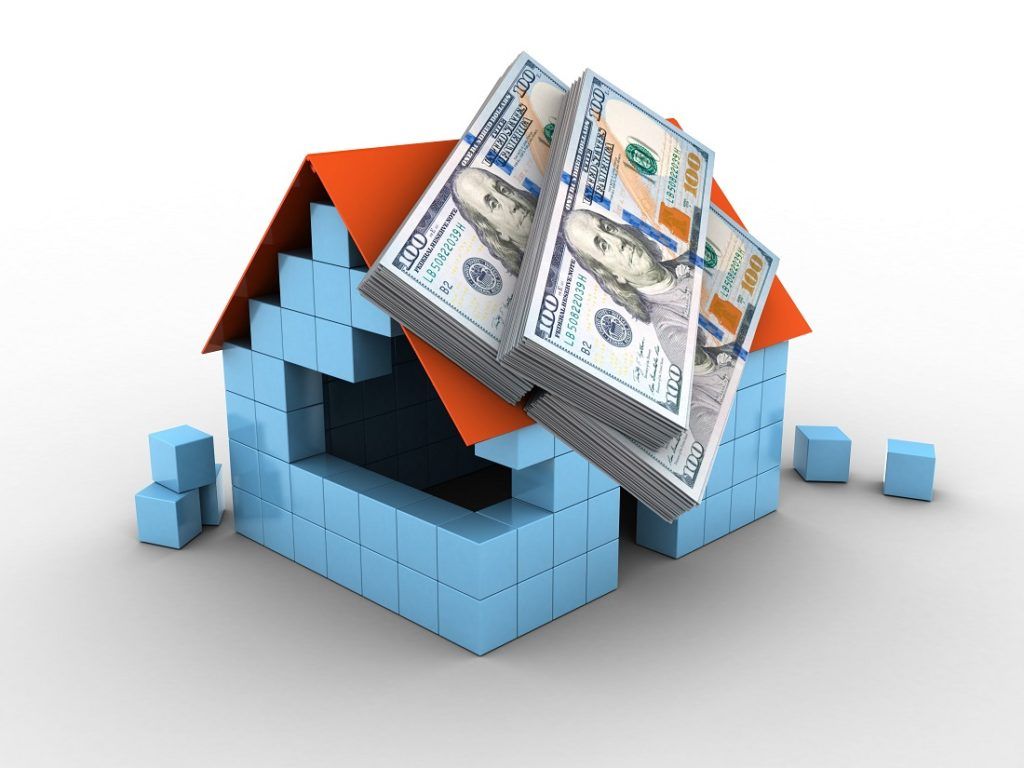How To Get Earnest Money To The Sellers Agent
What is Earnest Money?
Earnest money, also known as a pledge, is a certain amount of money that a buyer pays to a seller to demonstrate his good faith and intention to complete the transaction. The amount is ordinarily 1%-2 % of the sale toll or a fixed amount.

Earnest coin is as well known as a folder or token money. Information technology substantially confirms a contract and after the earnest coin is paid, both the parties to the contract are under the obligation to conduct forrad the exact agreement.
Often constitute in real estate deals, earnest money tin be used to requite a buyer more fourth dimension to seek financing or find the remaining sum of money to embrace the full price of a property. Compared to a unproblematic deposit, earnest money is not exclusively held past the buyer only is also placed in an escrow trust or a trust business relationship held past both sides.
Agreement Earnest Money
For buyers, earnest money serves to prove to sellers that they are serious well-nigh a certain transaction. It gives the seller an incentive to proceed the transaction and wait until the heir-apparent finds the funds to settle the full amount.
Earnest money is made as an initial prepayment in the sale process. However, if the bargain falls through for any reason, the buyer may not be able to return the pledged corporeality.
Information technology is specially truthful if the transaction is canceled through no fault of the seller. So, earnest money can be refundable or not-refundable, and the latter is ordinarily the case.
Summary
- Earnest money is a eolith fabricated to the seller that represents the buyer's good religion to buy something (eastward.g., a home).
- Several factors affect the amount of earnest coin deposit (EMD), including the current state of the real manor market, the overall price of the property, and the high demand for real estate properties.
- The EMD amount will be at to the lowest degree 1% of the buy price, although, in some cases, the rates accomplish ii%-three%.
How Information technology Works
Earnest money is not always paid directly to the seller. Creating an escrow account by a 3rd-party banker helps to ensure the proper distribution of coin at the end of the transaction.
As soon every bit the seller accepts the offer, the heir-apparent is required to sign a contract known as a "buy agreement." The agreement stipulates the procedure of transferring the earnest coin to the seller and also means that both parties are in a legally binding agreement relevant to a particular subject area like a house purchase or sale.
As soon as the contract is signed, the buyer is required to make an earnest money deposit to the escrow business relationship held by the real estate agent. When all the atmospheric condition of the purchase and auction are met, the money is paid to the seller as part of the purchase toll.
However, if the heir-apparent fails to source funds for the purchase or decides not to proceed with the transaction, he can get his money back, provided it is noted in the contract.
The concept of earnest money is based on the fact that the contract is not the buyer'due south obligation to purchase the property. Many things can go wrong between an earnest money deposit (EMD) and the deal'southward closure. Home inspections can notice defects that violate the bargain; appraisals can exist substantially depression. In such cases, the heir-apparent may have the right to take his coin dorsum or at least recover a part of it.
When a seller accepts a purchase offer, it is contractually obligated to remove the property from the market for a while until measures are taken for unforeseen circumstances, such as inspections and evaluations.
Earnest Money Eolith (EMD)
In many cases, the buyer can expect that the earnest money eolith corporeality will exist at to the lowest degree i% of the purchase cost, although sometimes the rates attain 2%-3%. Below are some of the factors that bear upon the EMD corporeality:
- The current state of the real manor market. If homes sell apace, a seller may require a higher EMD amount.
- The overall property values
- If more than one buyer has placed a bid on a property, the applicant offering the highest amount of earnest money might secure the understanding.
Earnest Money vs. Downpayment
The amount of money paid to a seller upfront when a property is bought is called downpayment. When a buyer pays earnest money, it shows intent to purchase a business firm, whereas a downpayment is usually paid afterward a contractual understanding is signed, and the purchase is on its way to being completed.
A downpayment of usually 20% must be produced by the buyer for the lender to approve the loan on the house. The remaining amount is unremarkably financed by a bank. In a nutshell, an earnest money deposit is a promise to the seller of the property, and a downpayment is a promise to the lender.
More Resources
CFI offers the Commercial Cyberbanking & Credit Analyst (CBCA)™ certification programme for those looking to take their careers to the next level. To continue learning and developing your cognition base, please explore the additional relevant resources beneath:
- Greenbacks Consideration
- Definitive Purchase Agreement
- Existent Manor Financial Analysis
- Seller Representation Agreement
Source: https://corporatefinanceinstitute.com/resources/knowledge/deals/earnest-money/
Posted by: jarmansivionts35.blogspot.com

0 Response to "How To Get Earnest Money To The Sellers Agent"
Post a Comment